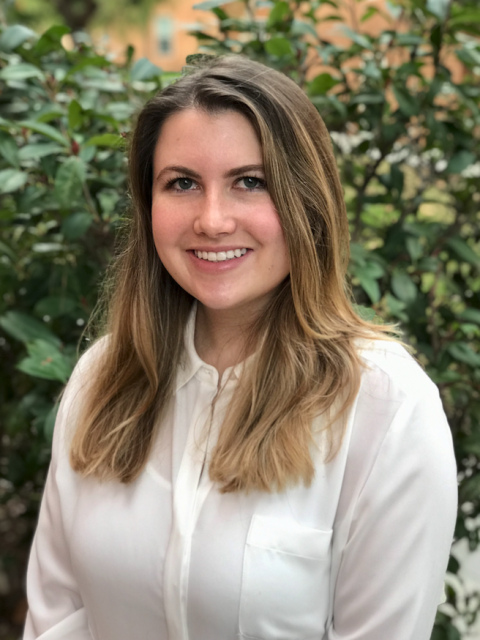Abstract:
Atmospheric particles represent a large source of uncertainty in global radiative modeling, which is driven largely by an incomplete understanding of the processes responsible for their formation and growth. Particles smaller than 100~nm in diameter, termed ultrafine particles, are of particular interest because of their potential to grow into cloud condensation nuclei (CCN). Their ability to act as CCN depends on numerous factors, including their chemical composition and physical properties. These properties depend on the conditions under which the particles formed, meaning that an improved understanding of these conditions will improve global climate modeling. There is currently a poor understanding of the processes leading to the formation and growth of these small particles in remote locations. This dissertation investigates the processes that lead to ultrafine particles in two remote environments: the Alaskan Arctic and the Amazon Basin.
Speaker:
Institution:
Location:

